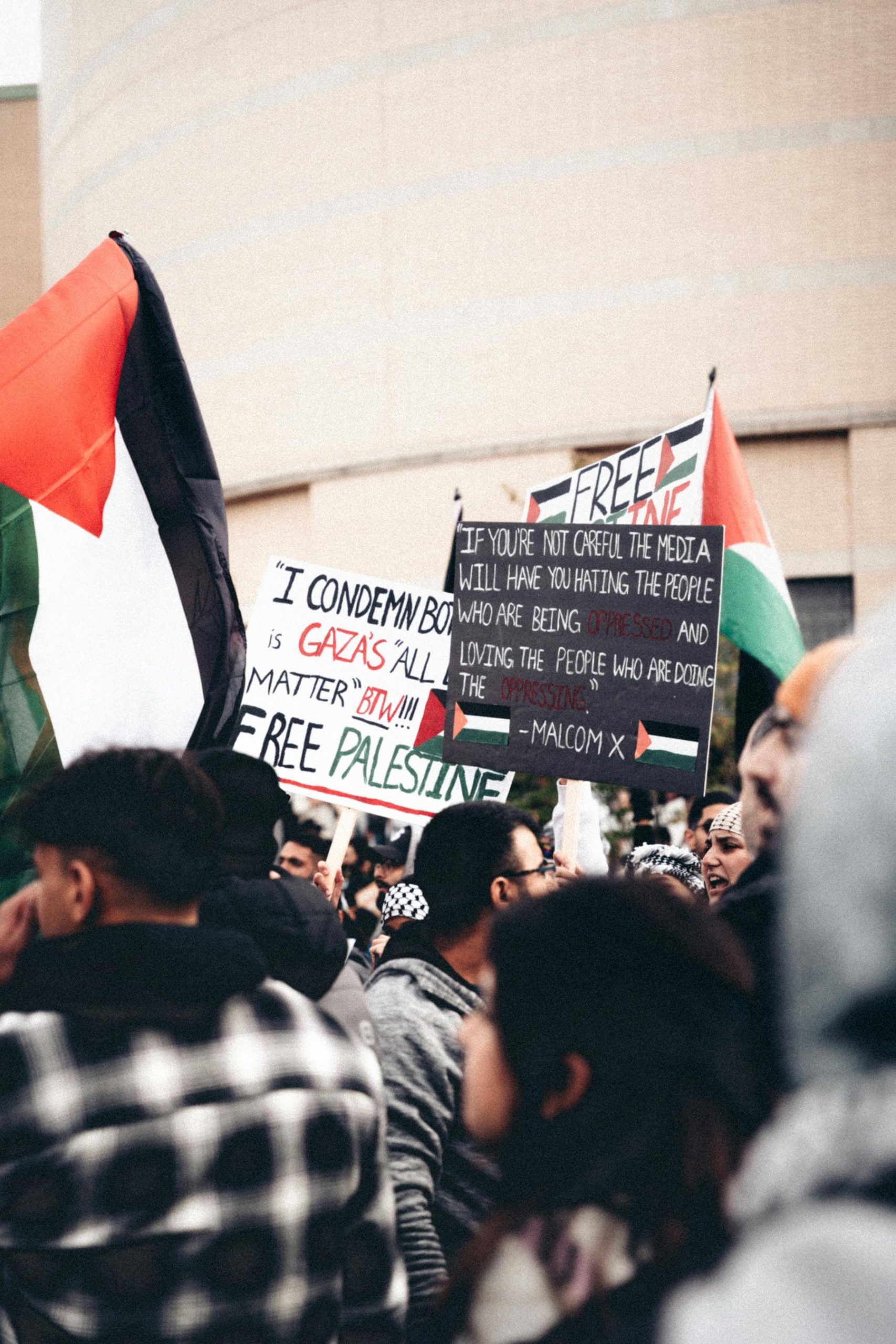The Commercialization of Politics in Uganda
In May this year, I attended a political rally held at the Kazo Secondary School playground in Kazo District. The event was organized by one of the candidates for the position of District Woman Member of Parliament, Hon. Jennipher Muhesi. What struck me most was that the artists performing—Ray G, Sister Charity, and Rasta Dog—entertained the crowd for approximately four hours, while the candidate herself only addressed the audience for a few minutes.
After the concert-cum-political rally, most attendees left the venue, leaving the MP candidate to speak to a small group of people who remained behind. I suspect that many of these individuals had only stayed to enjoy the free food that the MP had provided!
This scenario highlighted a clear perception among the public: they were primarily there to see the artists and be entertained, not to listen to political messages. However, this is not an isolated case. Many other MPs are hosting similar expensive events during the current political campaign period, aiming to win over voters and boost their popularity.
Over recent years, Uganda has seen a growing trend of the commercialization of politics. Political campaigns have increasingly taken on the form of vibrant music concerts, with candidates paying high fees to renowned Ugandan musicians to entertain their “voters.” For example, artists such as Eddy Kenzo, Spice Diana, and Ray G have been seen performing at political rallies in various parts of the country.
While it may seem appealing to entertain potential voters, one must question whether this approach is a wise use of resources. Is there not a more effective way to connect with the electorate?
From a moral standpoint, these political concerts often lead to undesirable outcomes. Incidents such as theft, excessive alcohol consumption (due to the availability of free drinks), and even instances of sexual misconduct have been reported. As a concerned citizen, I strongly condemn these activities.
Firstly, the majority of attendees come to enjoy the music from their favorite artists, not to receive any political message from the candidates. By the time the candidates take the stage, many concertgoers have already left, having come for the entertainment rather than the political speeches.
Secondly, the political message tends to be overshadowed by the artistic performance. This can dilute the core message of the candidates and result in uninformed voting. Voters might be swayed by their preference for certain artists rather than making informed decisions based on the candidates’ policies or qualifications.
The writer is a third-year public relations student at Makerere University.







